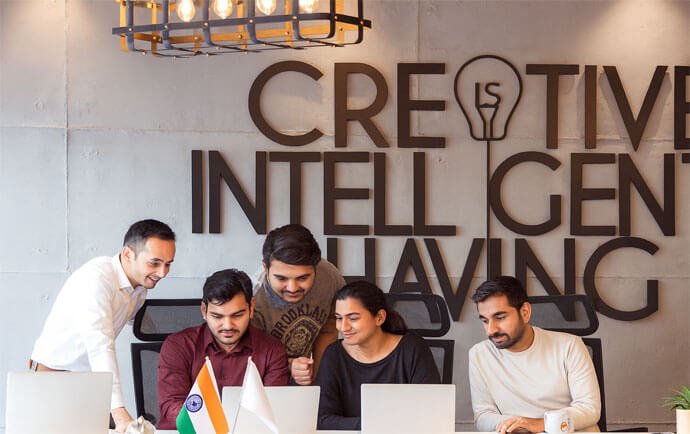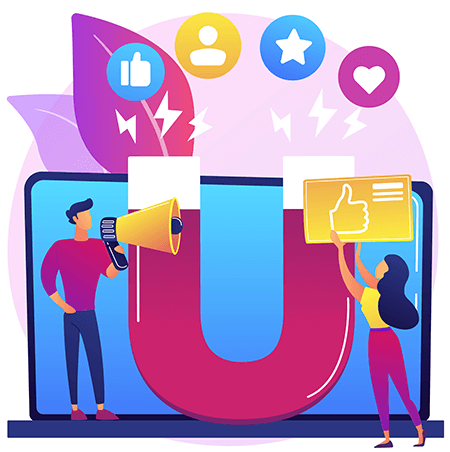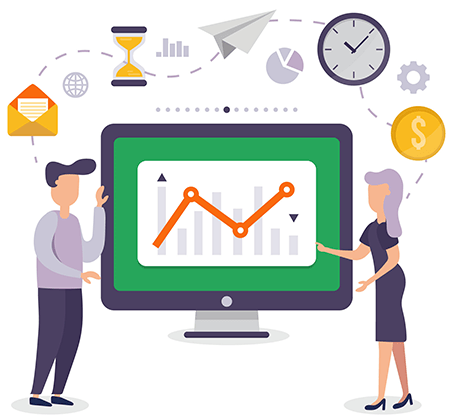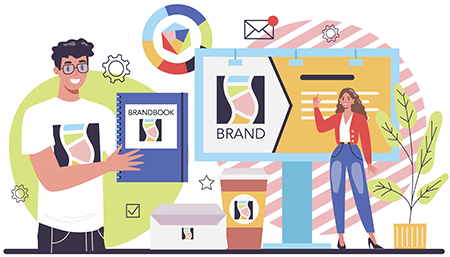Transforming Visions into Digital Realities
At Mind and Magik Media, we blend creativity, strategy, and technology to craft high-impact digital experiences. With over 23 years of expertise in advertising and media marketing, we help businesses build a powerful online presence that drives engagement and delivers measurable success.
From digital strategy and performance marketing to creative storytelling and public relations, we create solutions that resonate with audiences and accelerate brand growth.



























Our Expertise
- Data-Driven Digital Strategies
- Performance Marketing & SEO
- Social Media & Content Marketing
- Web Design & Development
- Digital Public Relations
Ready to elevate
your brand?
Let’s craft your success
story together.
Who We Are
At Mind and Magik Media, we are more than just a digital agency—we are your strategic growth partners. With decades of experience in advertising, we specialize in helping brands establish a strong digital presence through innovative campaigns, performance marketing, and cutting-edge technology.

Our Approach
We believe in a results-driven strategy that combines creativity with data to deliver meaningful and measurable outcomes. Our approach involves:
Understanding Your
Business & Audience
Leveraging Data &
Analytics for Precision
Crafting Tailored
Digital Strategies
Driving Engagement &
Conversions
We are passionate about helping businesses scale digitally and create lasting impressions.
WHY mind and magik?
Our Services
We develop comprehensive digital strategies tailored to your brand’s goals, ensuring every online interaction contributes to business growth.



Digital Strategy & Branding
We develop comprehensive digital strategies tailored to your brand's goals, ensuring every online interaction contributes to business growth.
- Brand Positioning & Messaging
- Competitive Market Research
- Consumer Insights & Analytics


Website Design & Development
From sleek corporate websites to high-performing e-Commerce platforms, we create web experiences that captivate and convert.
- UX/UI Design & Development
- Custom Website & e-Commerce Solutions
- Mobile & SEO-Friendly Architecture


Performance Marketing & SEO
Maximize reach, traffic, and conversions with data-backed digital advertising and search optimization.
- Google & Social Media Advertising
- SEO & Content Optimization
- Conversion Rate Optimization


Social Media Marketing
Engage, inspire, and grow your audience across social platforms with targeted campaigns and compelling content.
- Social Media Strategy & Management
- Influencer & Community Engagement
- Paid Social Advertising


Creative & Content Services
From powerful storytelling to visually striking creatives, we bring your brand’s vision to life.
- Brand & Campaign Storytelling
- Video Production & Motion Graphics
- Blog & Copywriting Services


Digital Public Relations
Strengthen brand credibility and reach a wider audience through high-impact PR and media placements.
- Media Outreach & Press Releases
- Influencer & Thought Leadership Strategies
- Online Reputation Management
Case Studies
Real Success Stories

Increased engagement by 300% through social media marketing.

Achieved 10x ROI on performance marketing campaigns.

Enhanced brand visibility through strategic content marketing.
We are passionate about helping businesses scale digitally and create lasting impressions.
Ready to Elevate Your Digital Presence?
Let’s discuss how Mind and Magik Media can help you grow.
